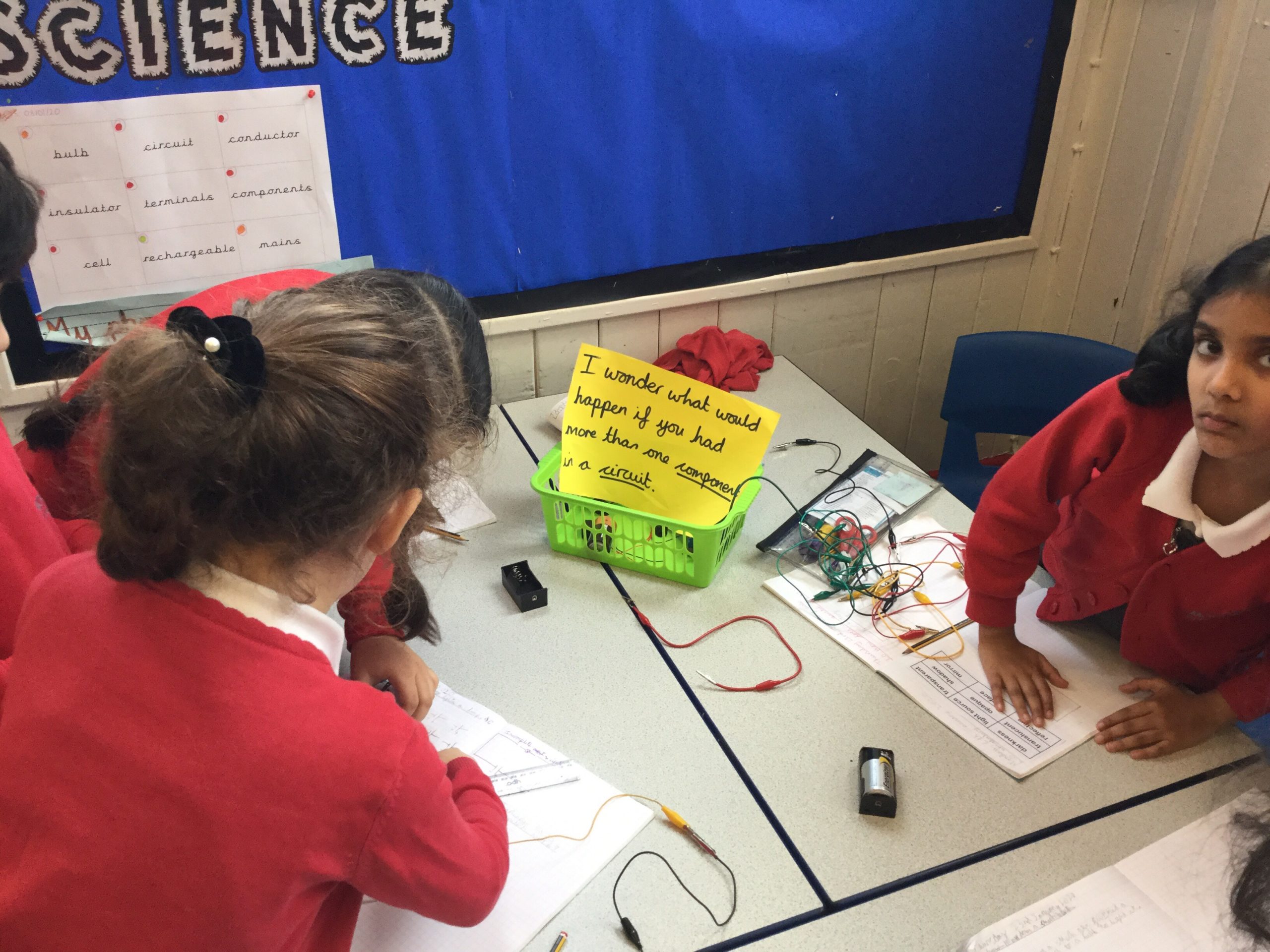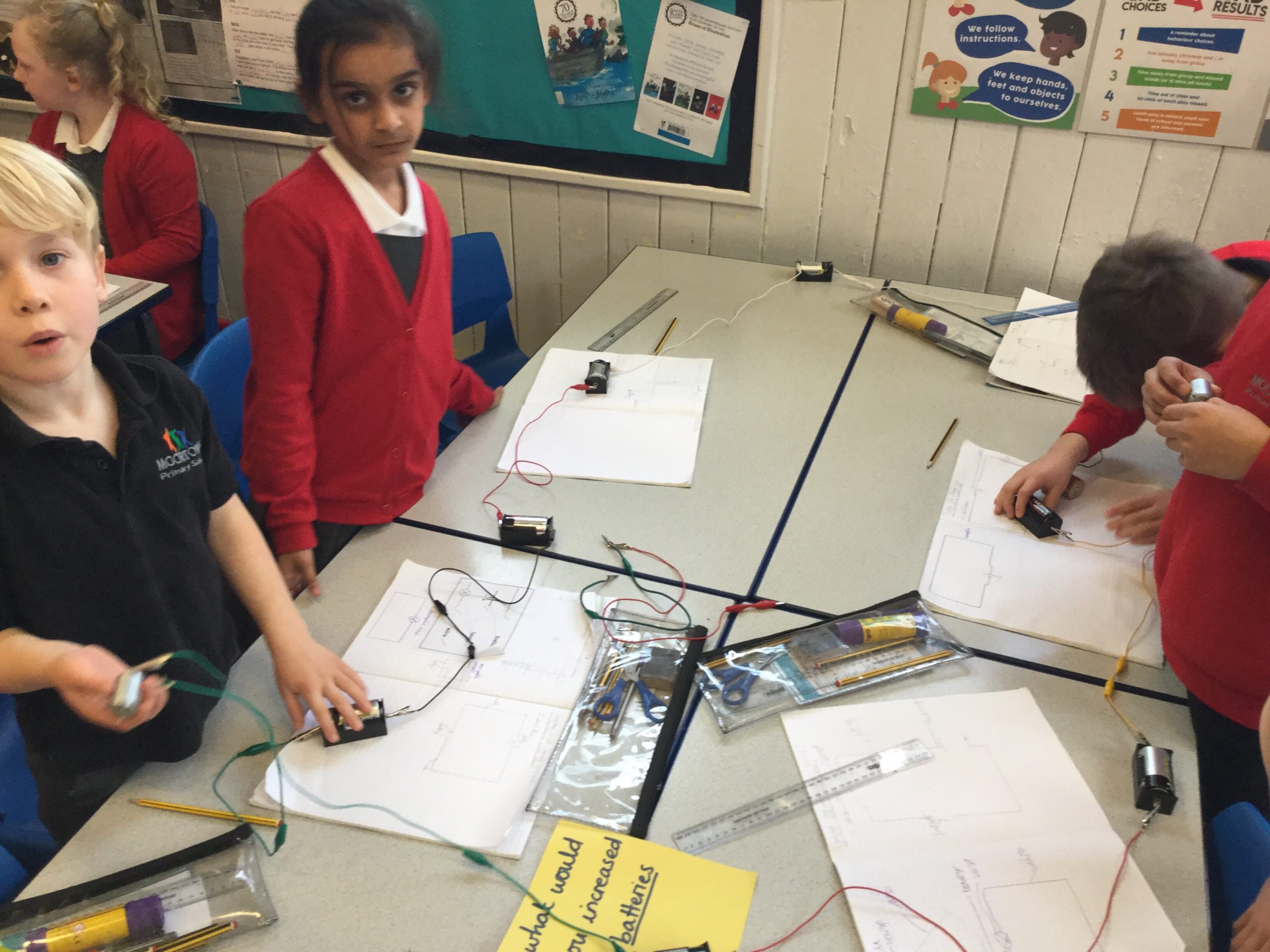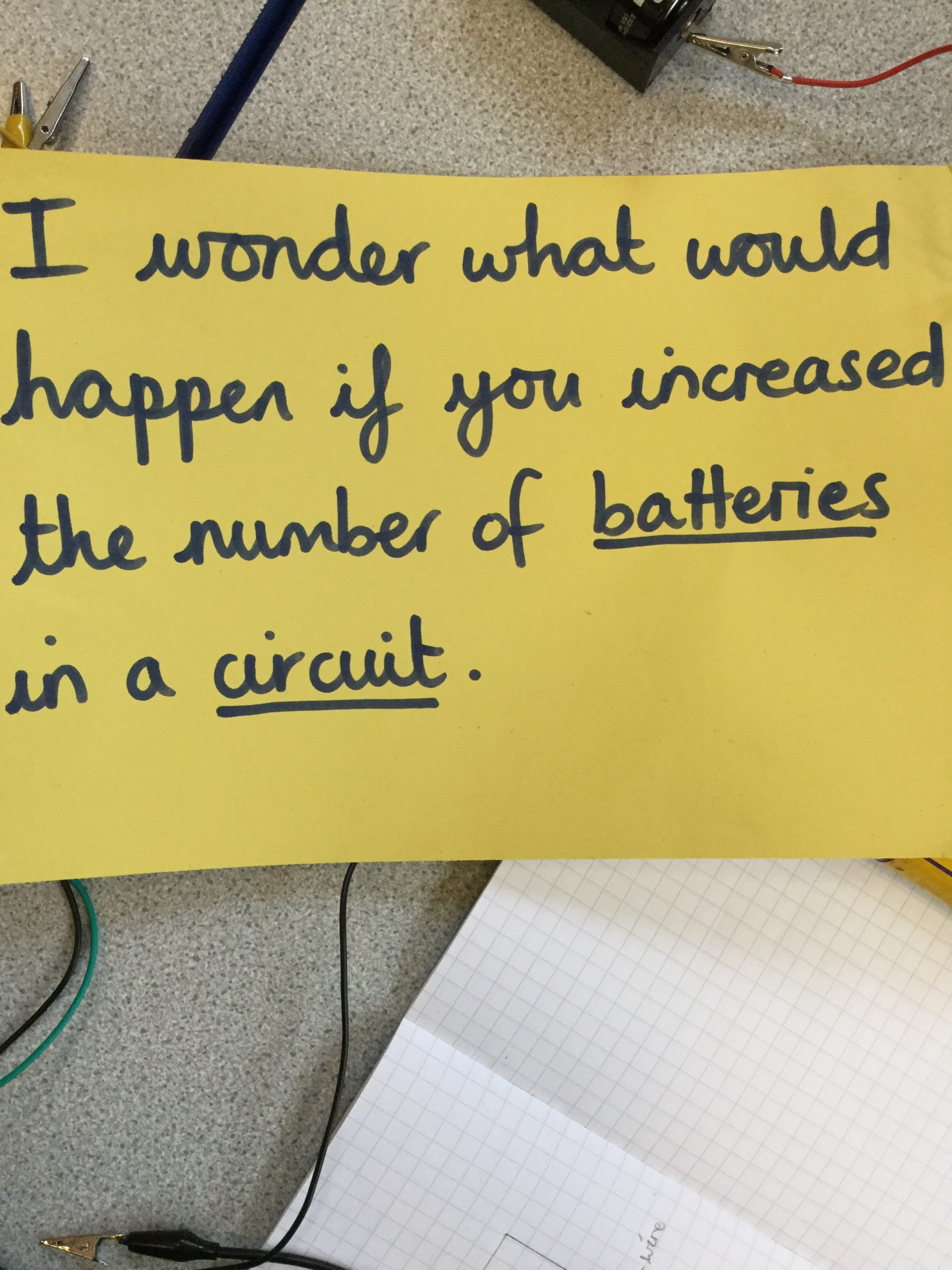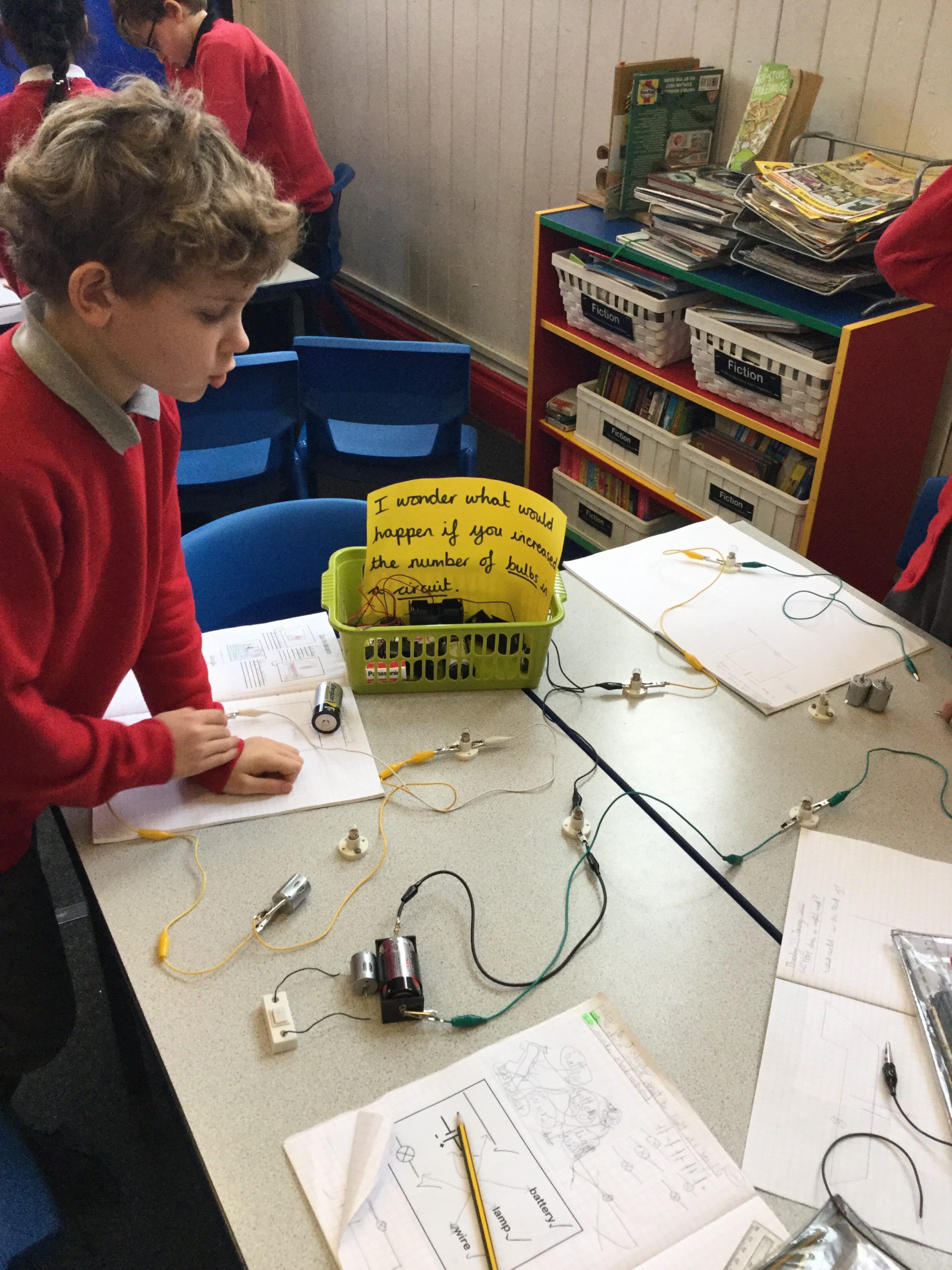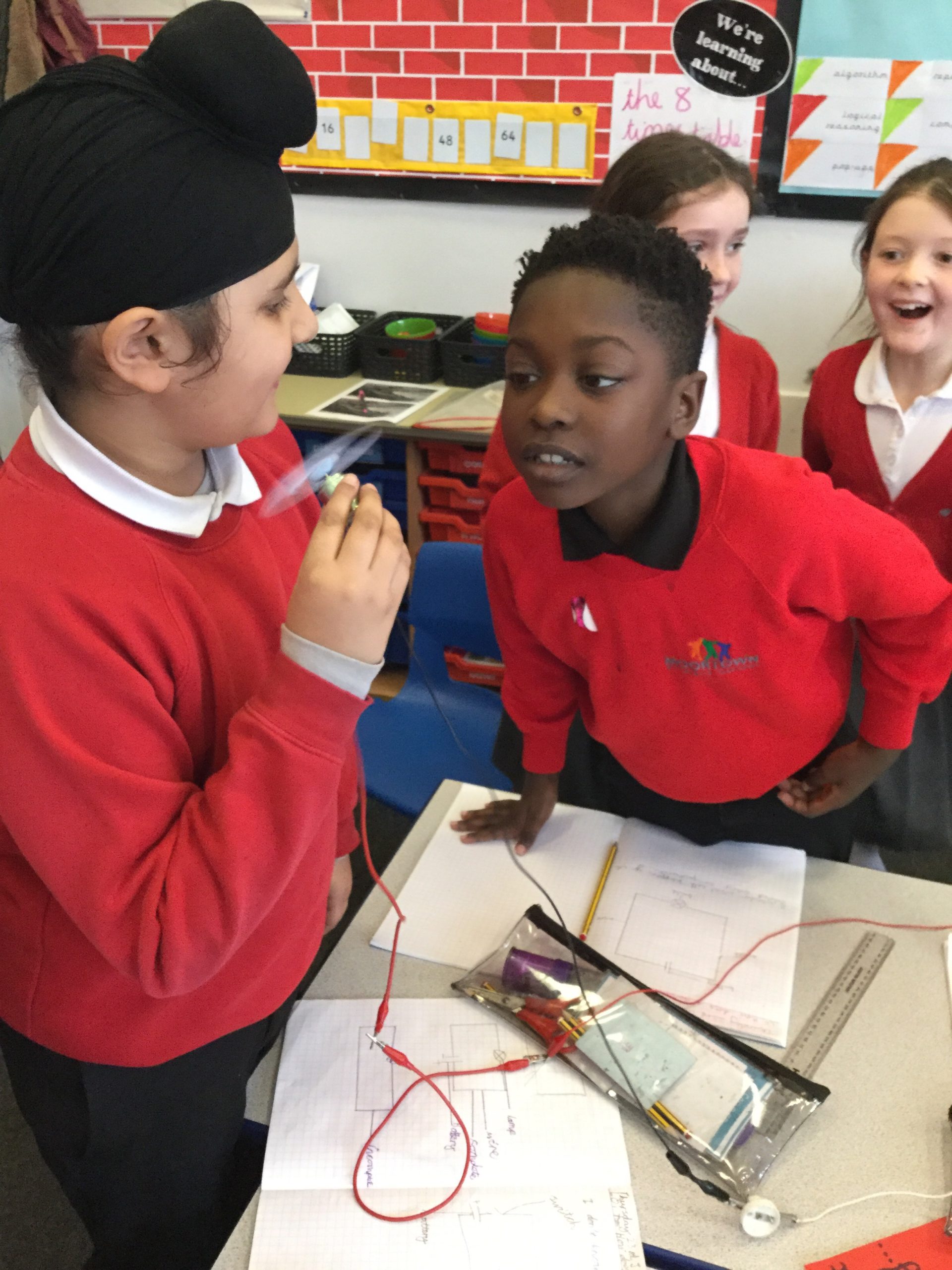School Savings Club
The next School Savings Club paying in date is 03 February 2020 at 3.15-3.45pm.
The account is open to all children and it is free to set up. As there is not minimum deposit requirement, it is a great way for your child/children to begin to manage their own money and understand the importance of saving. We offer paying in sessions every half term where you can bring along any savings to be paid into your child’s account.
As an extra incentive, Year 3 pupils who open an account, or who currently have an account, will be credited with £10.

If you’re unable to attend in person, please hand in any money to be deposited to the office in a sealed envelope addressed to Mrs Tiffany.
Here are the remaining paying in dates for this year (the penultimate Monday of each half term).
- 23 March
- 11 May
- 06 July
To find out more about the accounts or if your child would like to open account, please enquire at the office.
Living and Learning: I know what a drug is
During last week’s living and learning session, we discussed that medicines are drugs to help us feel better. We also talked about harmful substances that we find around the house such as bleach, dishwasher tablets and fabric softener. After this, we worked as a group to sort pictures of food, medicines and harmful substances into three categories:
- things we put inside our body
- things we put inside our body with adult supervision
- things we don’t put in our body .




Reading
We all know the importance of reading and sharing stories with children. Spending just ten minutes a day reading with your child builds special memories and can become a favourite time of the day.
It also helps children:
- understand the world around them
- develop social and emotional skills
- build confidence with communication
Storytime is a favourite time of the day in Reception and this term the children have been able to vote for the story they would like at the end of each day.


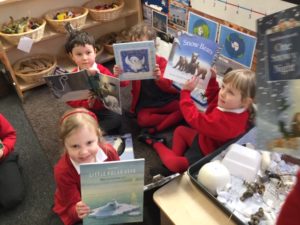
These are some of the books we have read:
Polar Bear Son-Lydia Dabcovich
Hush Little Polar Bear-Jeff Mack
The Bear-Raymond Briggs
Big Bear, Little Bear-David Bedford
And Tango Makes Three-Justin Richardson
Penguin Small-Mick Inkpen
Cuddly Dudley-Jez Alborough
In addition, the staff in Reception have been choosing their favourite books to share with the class.
This half term I have chosen the book Up and Down by Oliver Jeffers.
This is a sequel to Lost and Found and continues the adventures of the boy and his penguin.
Mrs Burgess has chosen Little Bear by Hans de Beer.
Why not ask your child about their favourite book?
Remember-if your child sees you reading, they will want to read too.
Algorithms in PE
As part of their PE lesson, Year 2 created games. How to play the game was written as an algorithm. The children then tested their instructions. Some of the class realised that the easiest way to test their algorithm was to walk it through.
Forward 3, turn right, forward 2 – Oh no that’s wrong! It is supposed to say turn left. We need to debug!
We need to draw straight lines.
We gave our friend the instructions and pretended he was a robot.








Heads up!
This week, the children in Year Five have been learning their science vocabulary by playing games such as Heads up!

Each child was given a word from our focus vocabulary. They had to place it on their head (without looking) whilst the other children used their knowledge of the word to help the child figure out which word it was!
The other children would give information to help, but were not allowed to use the specific word in their clues!
Try playing this at home with your child and test their knowledge of our vocabulary!
Our current science vocabulary is: adaptation, evolution, extinction, fossil, inherited, prehistoric, ancestor, variation and natural selection.
Stay and Play
Thank you for attending our recent Stay and Play session.
We hope you had fun!
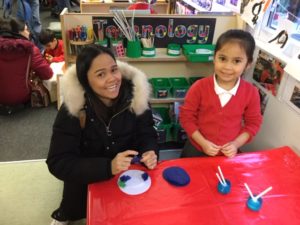
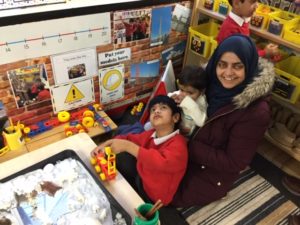
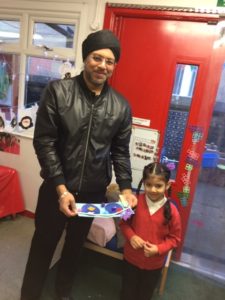
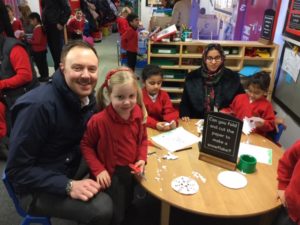
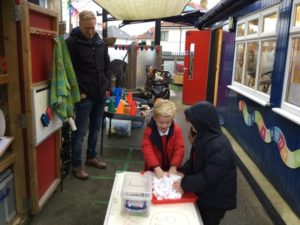
Slice, cut, segment…
As we come to the end of our instruction writing in english, and to prepare the children to write their own instructions, we followed instructions to make fruit kebabs.
As we were making the fruit kebabs, we talked about the adverbs (safely, carefully, slowly), time connectives (first of all, next, finally) and imperative verbs (peel, slice, thread) needed for the instructions.
We also developed our food technology skills including peeling, cutting (using claw hold and bridge hold) and naming and using different equipment. Hopefully the children will want to try out these skills at home too!





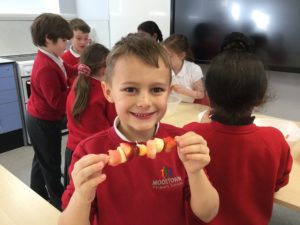
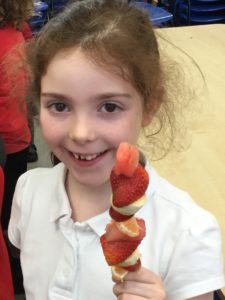
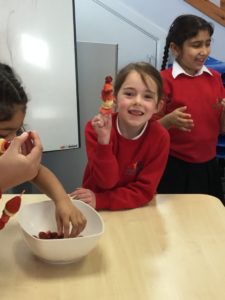
 We even thought about our maths learning by creating an array!
We even thought about our maths learning by creating an array!

Homework
Last week, for their homework, the children were asked to show ways in which things can be made better. During our homework review, we saw a variety of creations. The children had thought carefully about the situations where a change could be made for the better.

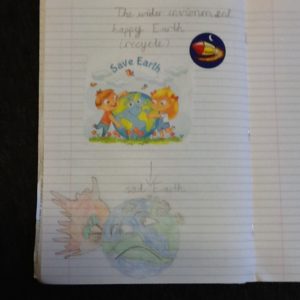



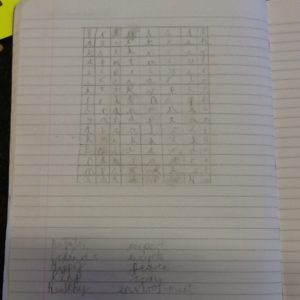







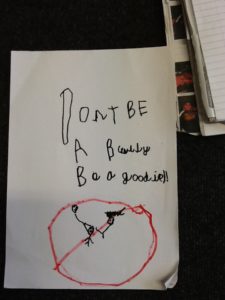

Science
Today Year 3 continued to learn about electricity. We’ve already learnt about complete and incomplete circuits and today we tested this knowledge with a carousel of activities.
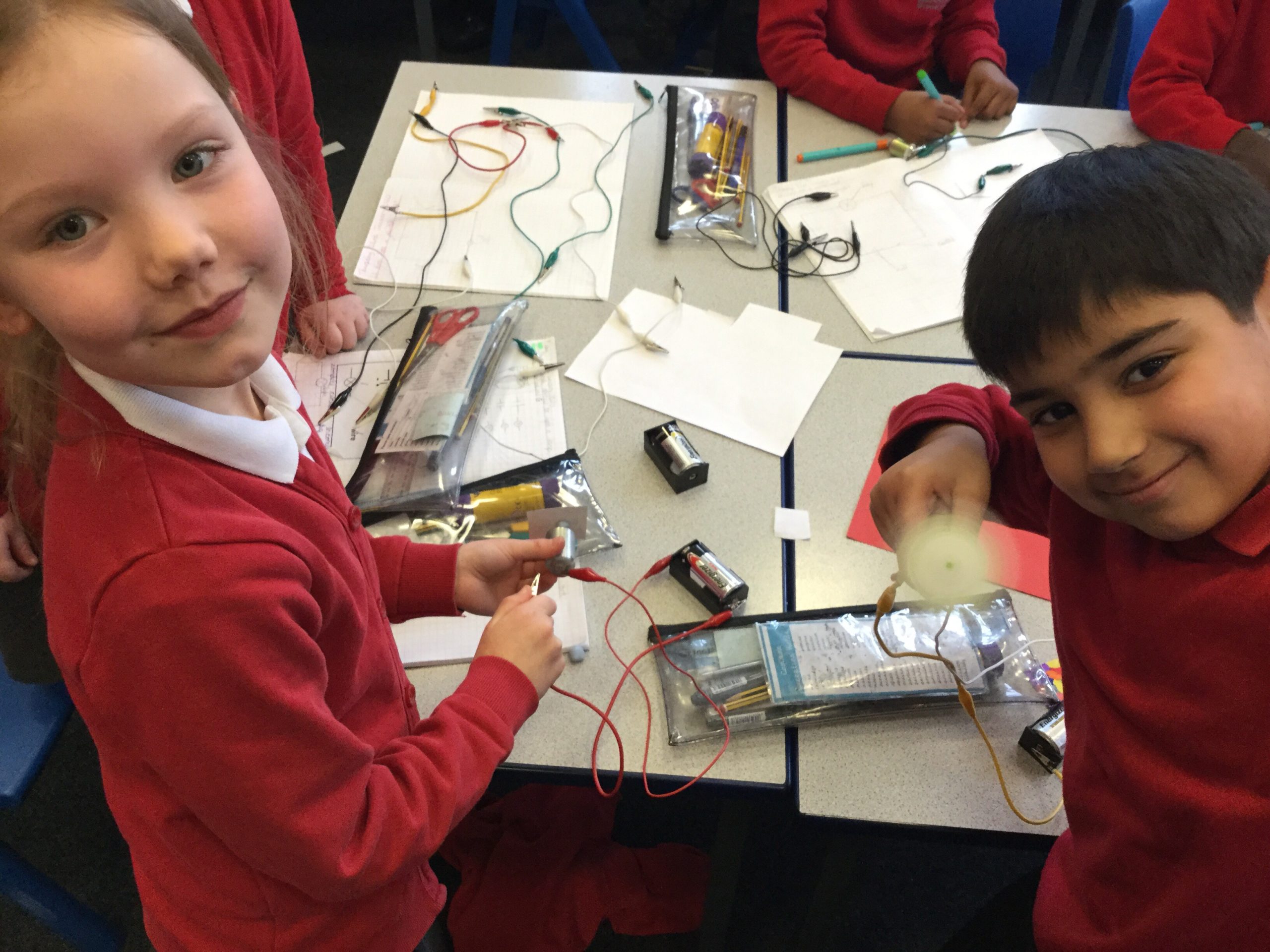
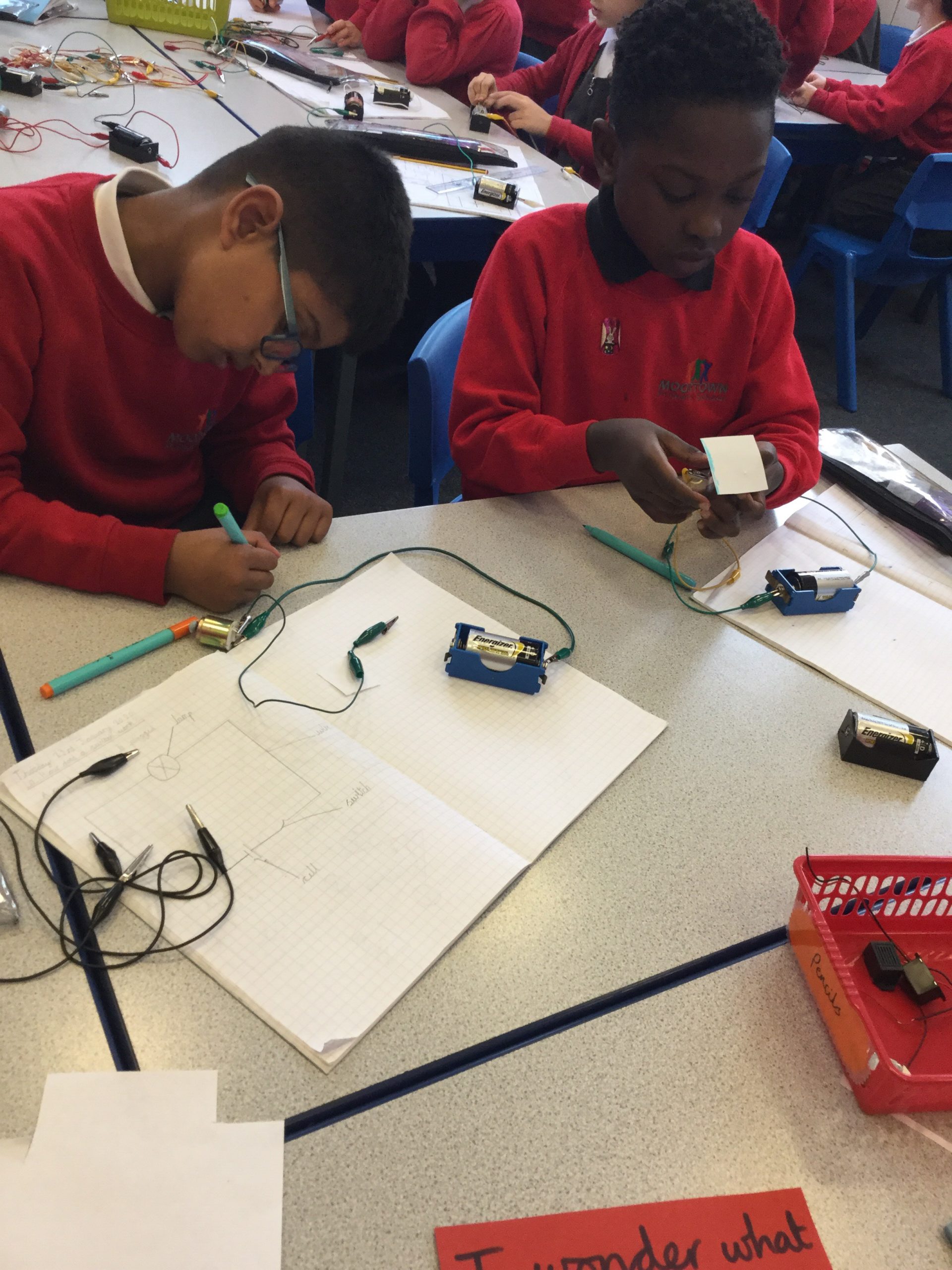
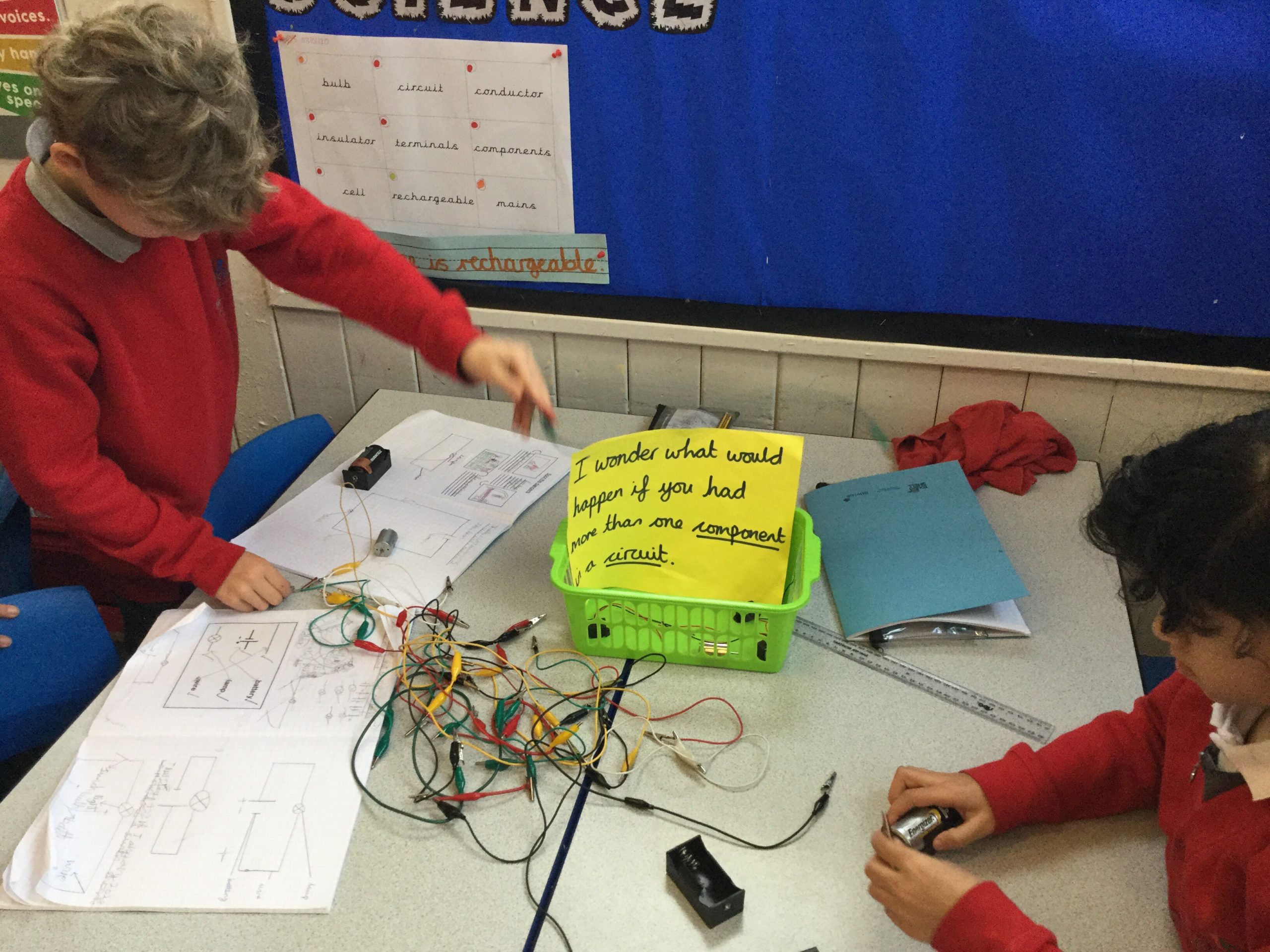
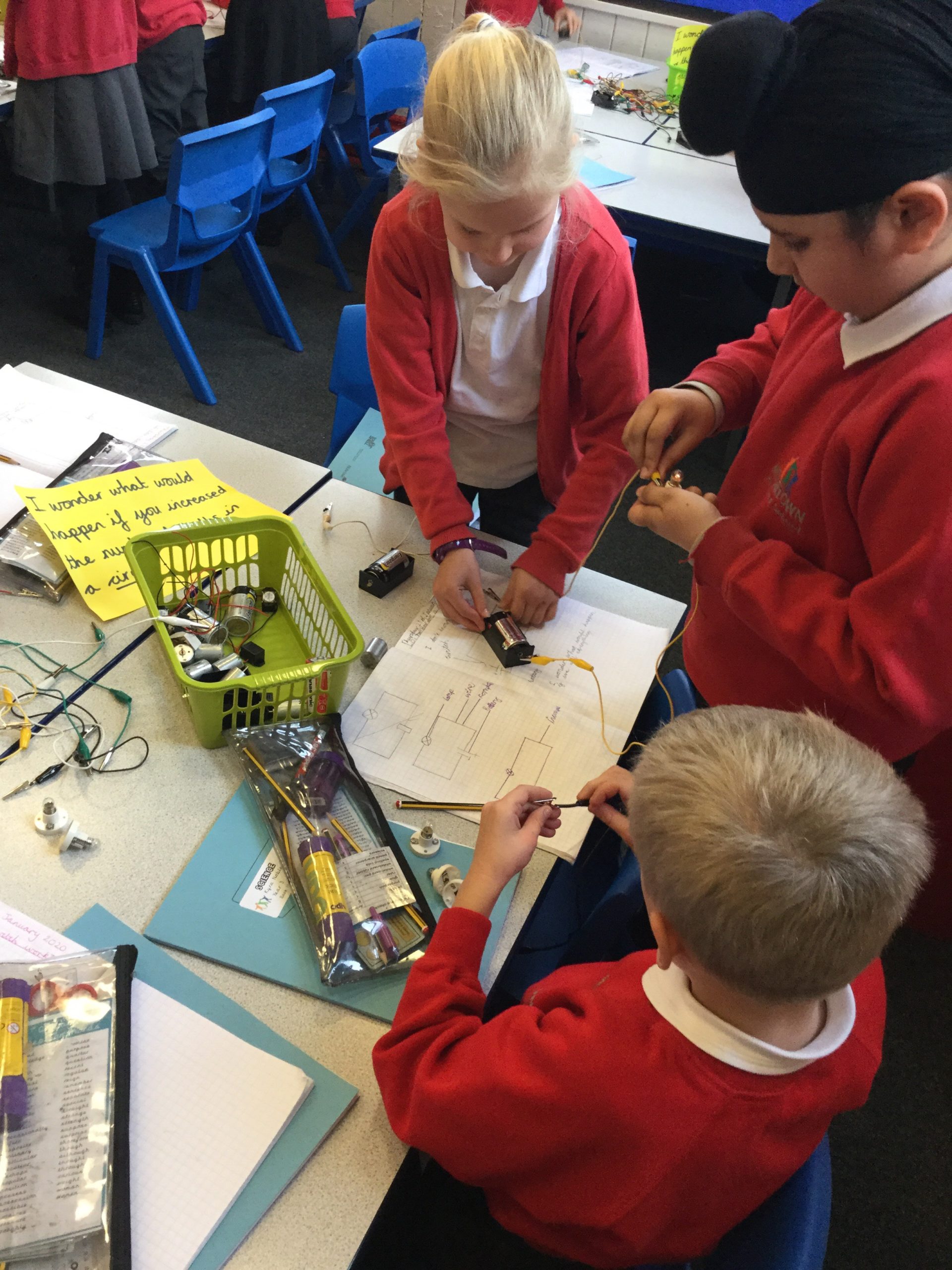
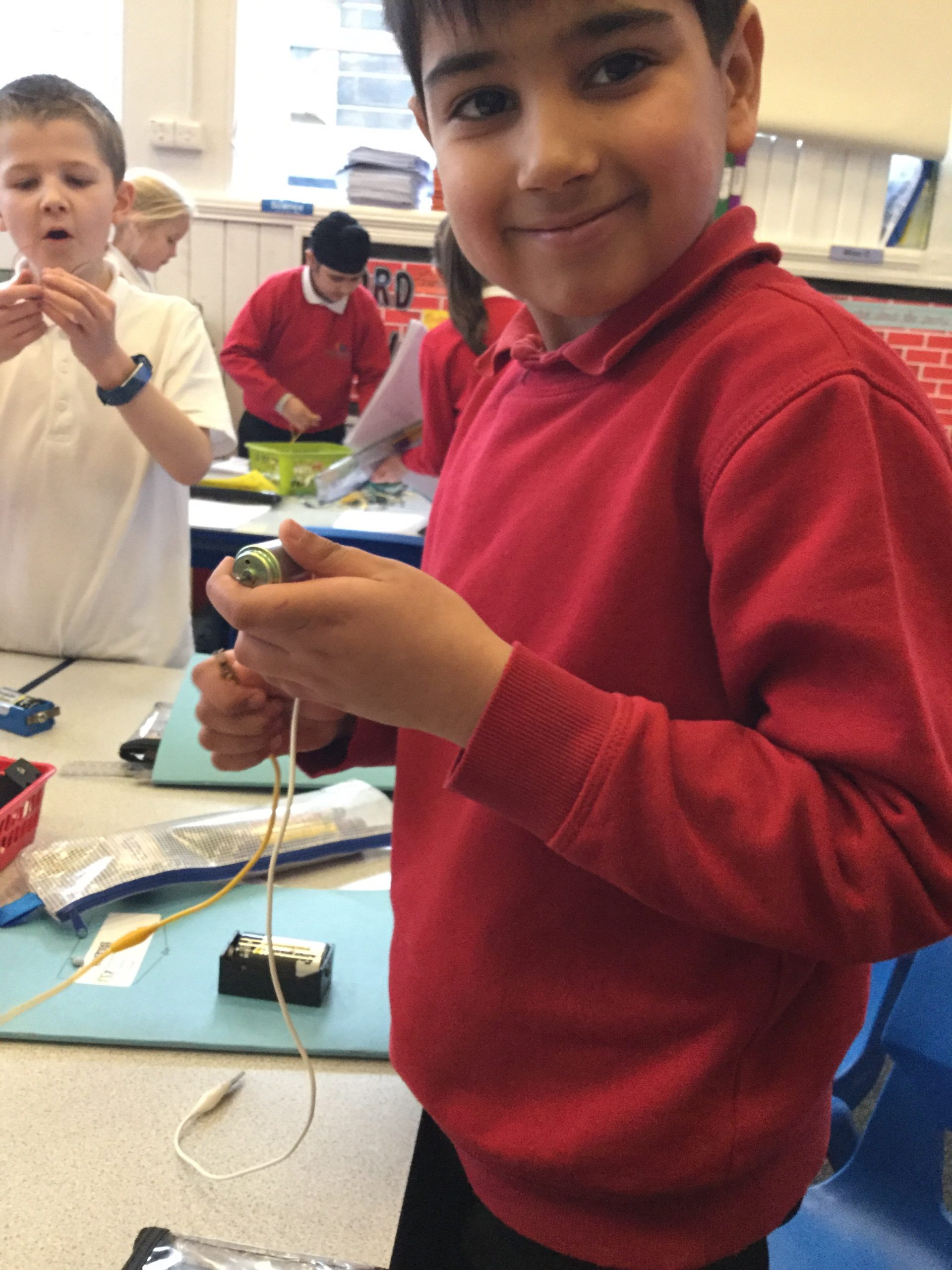
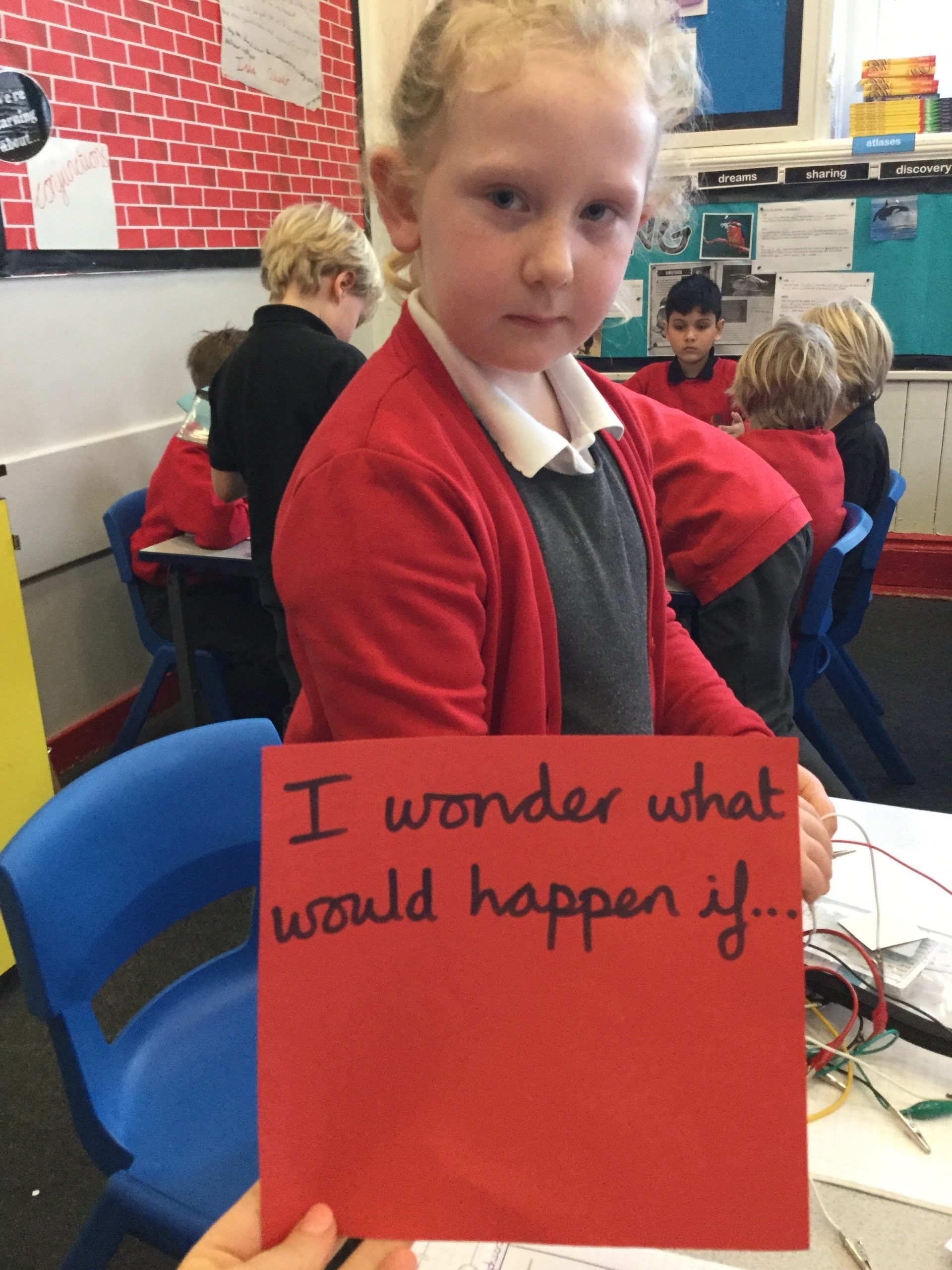
There were some really interesting scientific questions being asked. Well done, Year 3!
Homework review: spelling
Each week, the children are expected to practise their spellings or complete a spelling activity. There will be a test on this week’s spellings and here are some examples of what we thought was effective practice.


